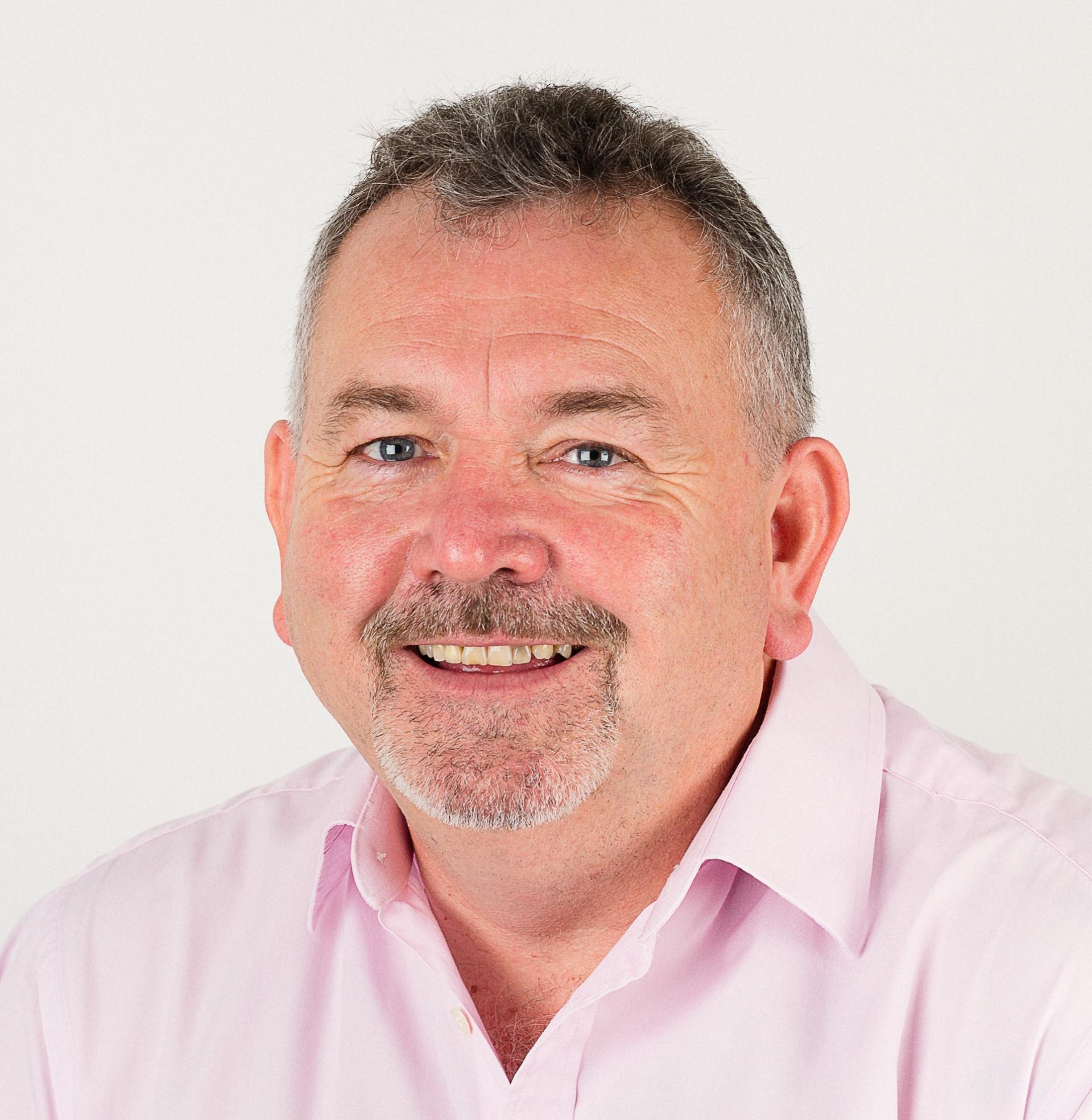
He’s been the Forensic Lead for the Association of Police and Crime Commissioners since 2018 and has overseen huge changes in the form of FCN and the Transforming Forensics programme.
As Dorset PCC Martyn Underhill stands down from his role in May 2021, we invited him to reflect on forensics over the last few years and set out his vision for the future of forensics in policing.
Fascinating beginnings
The seminal moment for my relationship with forensics came at a conference in Manchester in 2015.
The APCC/NPCC conference theme was ‘transforming policing’ and I watched a presentation by Dorset’s then-Chief Constable Debbie Simpson and Jo Ashworth – now CEO of the Forensic Capability Network.
They set out a vision for transforming forensics which I thought was absolutely fascinating. I had nothing to do with forensics at the time, but to see Debbie and Jo’s vision was very exciting. When James Vaughan took the helm as Dorset Chief Constable and the NPCC Forensic Lead in 2018, he shared that same vision and has been working tireless towards it ever since.
As a former murder detective I’ve long been fascinated with forensics. Working on the high-profile Sarah Payne case in 2000, I saw first-hand the work of forensic ecologist Pat Wiltshire and many other ‘ologists’ in building a picture of the victim and suspect’s movements to help secure a conviction.
I also know the harsh realities, having been a Senior Investigating Officer told by my Scientific Support Manager there wasn’t enough money to deliver the analyses we needed. It’s sad if you have to make decisions financially, especially when some forces are duplicating efforts and not being efficient.
Building a national approach
Out of that Transforming Forensics programme came FCN – a national network for forensics across policing.
No-one said it would be easy, and at times it felt like pushing water uphill. Trying to get 86 decision makers to agree anything, let alone agree on a vision for a forward-thinking and sustainable future in forensics, is extraordinarily difficult. It has been frustrating on those occasions in the past few years when chiefs haven’t thought holistically and nationally.
So, it was a battle keeping TF and it was a battle creating FCN, but I’m very glad everyone has stuck it out. The key message for me is that FCN will bring sustainability and stability to forensic science. We’ve seen too many crises and we need to better serve policing, criminal justice and victims of crime.
I’m really proud of the FCN team. I really am humbled and awed by the professionalism and can-do attitude of the staff, and their approach to science particularly is so forward-thinking.
I also want to thank a few people by name. Jo Ashworth has been a beacon of light in this journey for six years, and in forensics for 30 years. Debbie Simpson for being visionary those few years ago – she really got it. And, of course, thank you to Chief Constable James Vaughan putting in the hard work towards the vision. Also Kirsty Faulkner (FCN Operations Director) is one of my heroes. She took a huge leap of faith leaving a senior Home Office role to join a programme with a one-year funding envelope, and she really embodies the commitment you see in FCN. Finally, Chris Porter (Metropolitan Police Forensic Services Director) who is a critical friend that provides proper challenge.
Future of forensics
These are hugely exciting times in the world of forensics. I’m excited by the next set of developments in gait, voice and facial imaging. It’s a journey I would love to still be involved in. I was in policing when DNA arrived and we all saw it was going to improve policing and help solve murders and serious crimes. If you ask me, the opportunities today are as exciting as DNA.
In my view we need a blended approach of public and private sector. It would be foolish to think FCN could thrive without the private sector giving us access to other markets and funding streams. In five years' time we could see a larger and increasingly efficient FCN working in partnership with leading companies across the world.
My plea to the new PCCs and chiefs coming in is this – don’t think parochially, and be part of this project. Ensure when you look back on your career, you can say that you finished something you started, and I hope one of those things is FCN. It’s something all of us can be really proud of. Think of ‘policing UK’ not just your force.